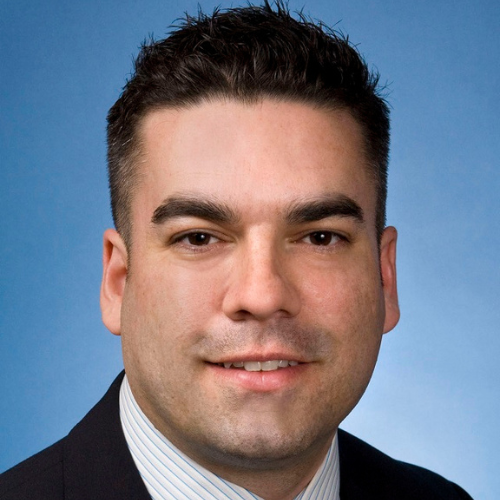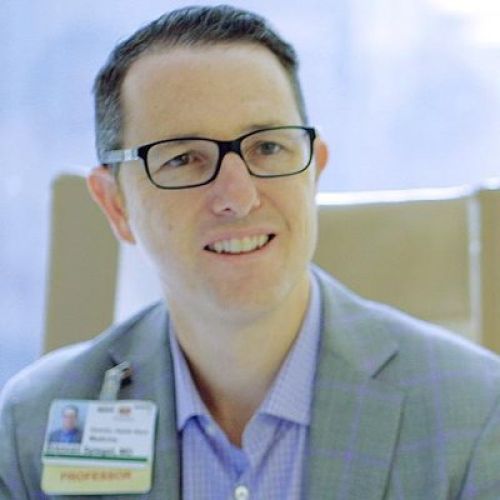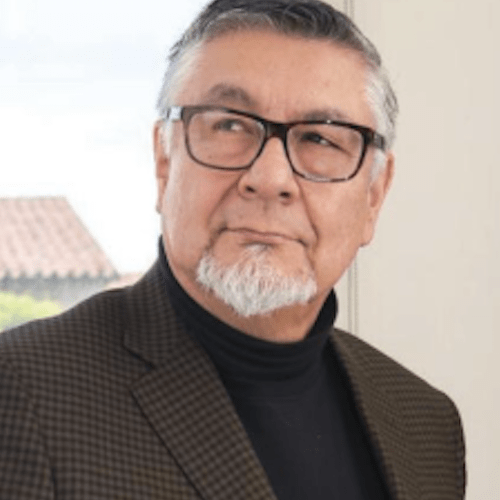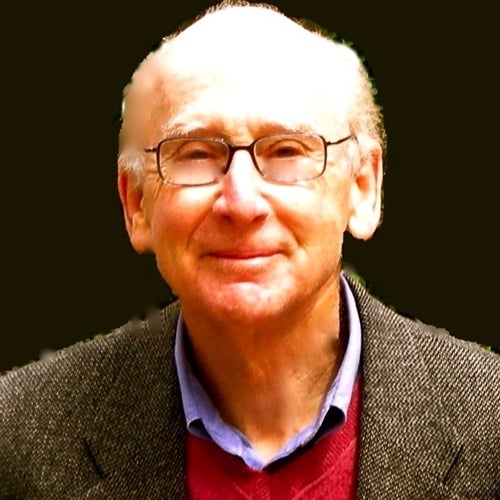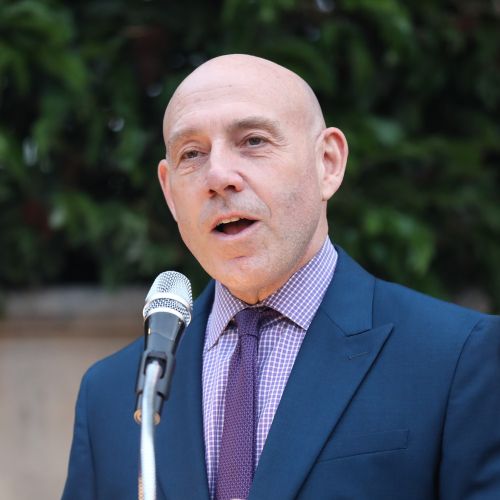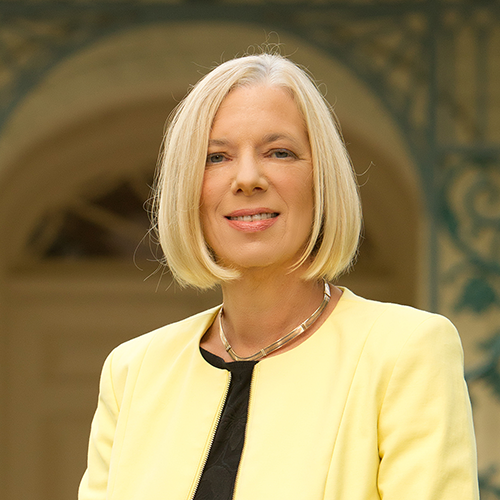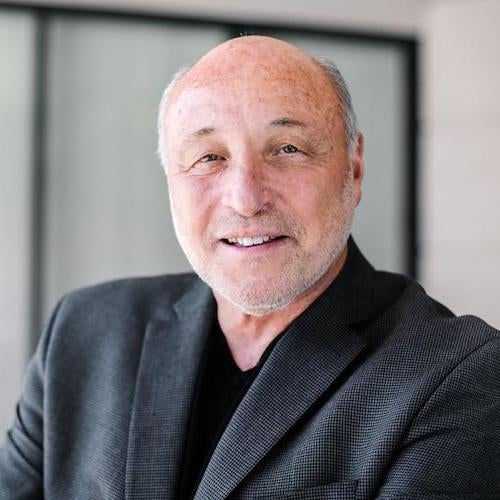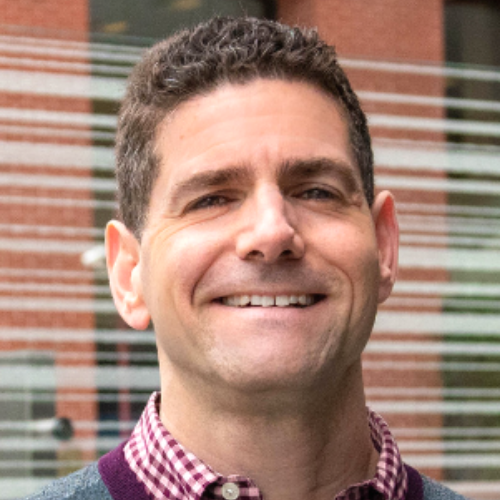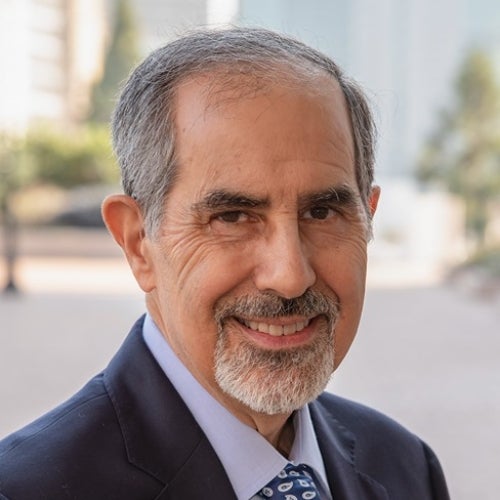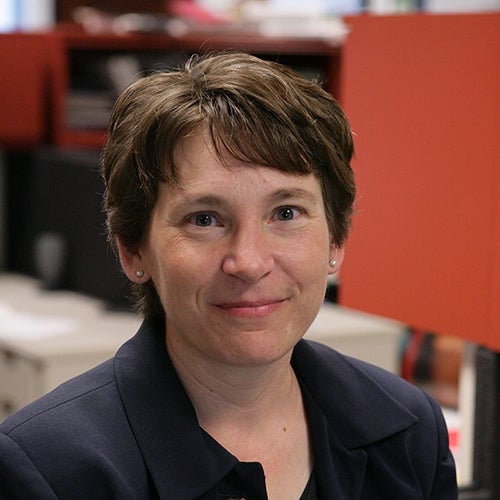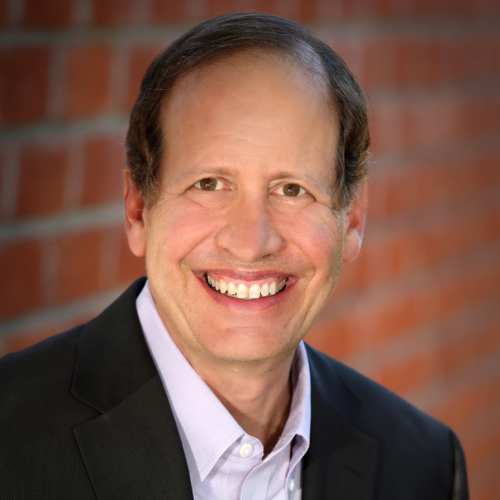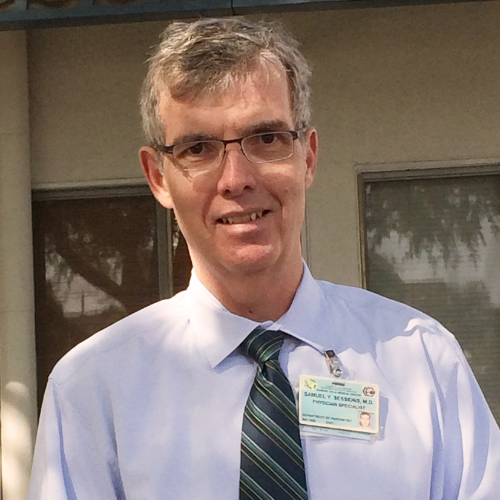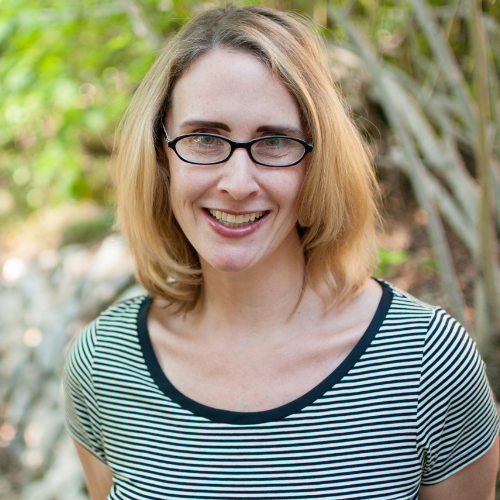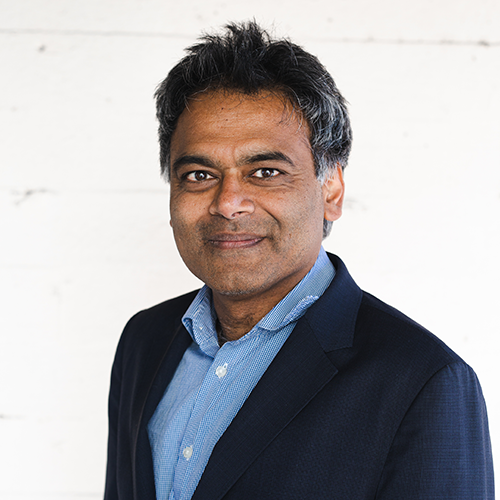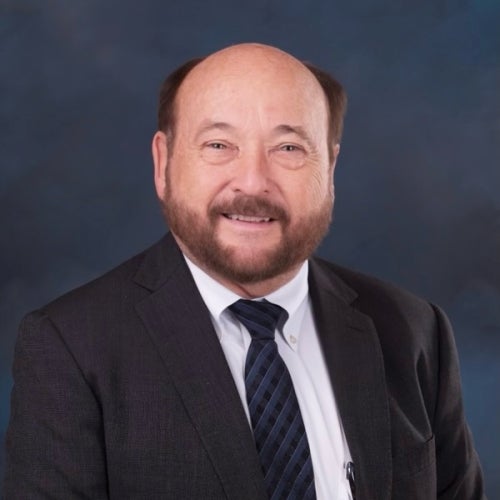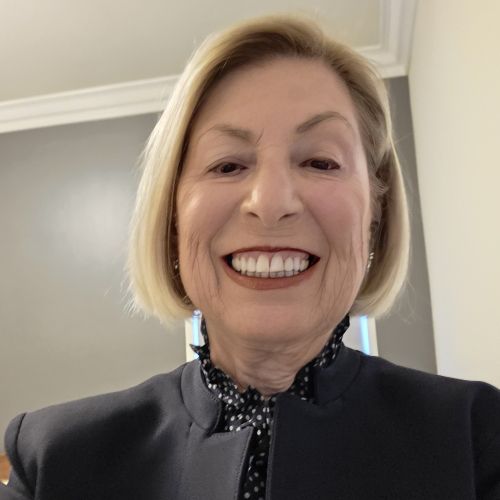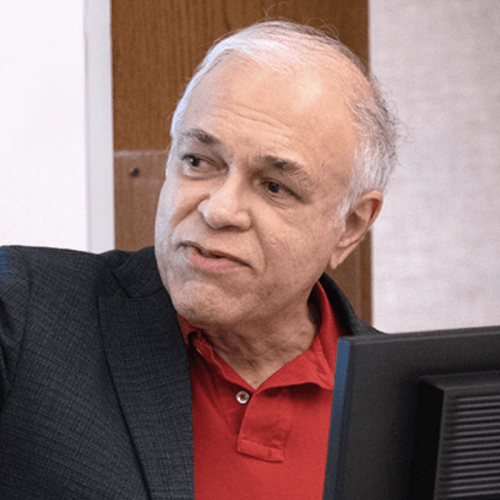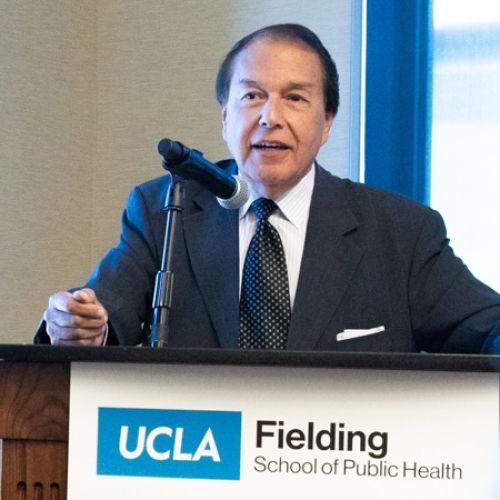U.S. News & World Report: Stop Pushing Our Luck
Without the necessary funds, fighting Zika, Ebola and other infectious disease is a losing battle.
In 2014, we were lucky. There were only four diagnosed cases of Ebola virus in the United States. But in Africa, there were over 25,000 diagnosed cases of Ebola virus and more than 11,000 deaths, amounting to a public health tragedy.
The response to Ebola was helter-skelter. Doctors Without Borders was the first to warn about the rapidly expanding epidemic in Africa, but local governments and international organizations were slow to respond. The World Health Organization provided neither the leadership nor the operational coordination necessary to fight Ebola.
Fortunately, the director of the Centers for Disease Control and Prevention sounded the alarm that started to mobilize U.S. resources to help the affected West African countries. But U.S. public health officials were also challenged as they tried to address the threat from Ebola. At the beginning of our involvement, there were no well coordinated plans to identify Ebola treatment centers; implement quarantines; store and deploy the necessary level of protective equipment; manage and dispose of waste material; or monitor international travelers.
Faculty Referenced by this Article

Professor of Community Health Sciences & Health Policy and Management, and Associate Dean for Research

Dr. Michelle S. Keller is a health services researcher whose research focuses on the use and prescribing of high-risk medications.

Dr. Ron Andersen is the Wasserman Professor Emeritus in the UCLA Departments of Health Policy and Management.
Nationally recognized health services researcher and sociomedical scientist with 25+ years' experience in effectiveness and implementation research.

EMPH Academic Program Director with expertise in healthcare marketing, finance, and reproductive health policy, teaching in the EMPH, MPH, MHA program





